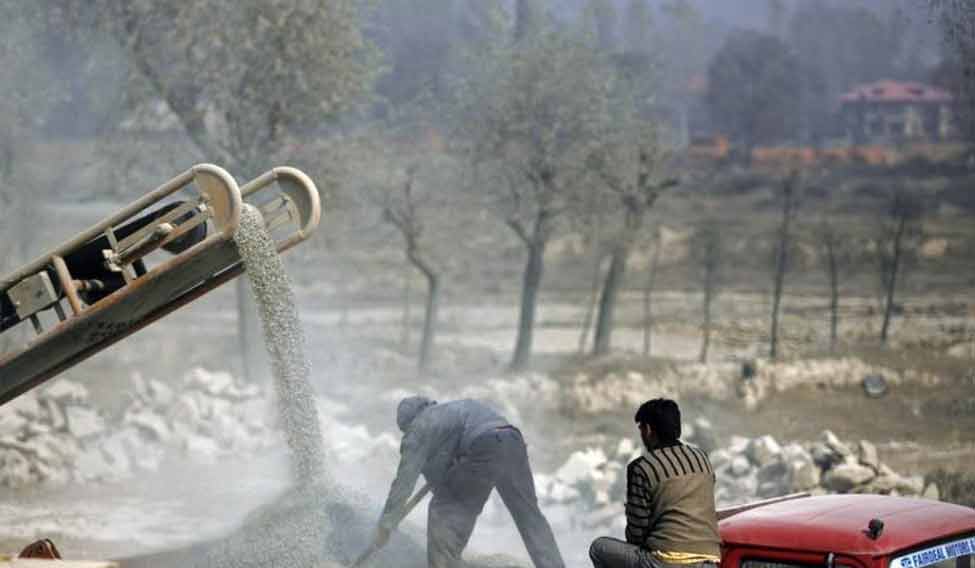Recognising that silicosis is not just a health issue, but a human rights issue, the National Human Rights Commission is organising a day-long Conference in Delhi on silicosis for endemic states on Friday.
The disease was first brought on record in the year 2009-10 when an NHRC team detected 74 cases of silicosis, including 22 deaths. The Rajasthan government made ex gratia payment of Rs 3 lakhs each to the dependents of the deceased from Chief Minister's Relief Fund.
"The aim of this Conference is to discuss the status of action taken by the endemic states viz. Gujarat, Jharkhand, Madhya Pradesh, Rajasthan, Karnataka and West Bengal on the earlier recommendations made by the NHRC in the prevention, detection and eventual elimination of silicosis and to share their best practices," an NHRC press note explained.
"Silicosis is a fibrotic lung disorder caused by inhalation, retention and pulmonary reaction to crystalline silica. The most common form of silica is quartz. Exceptionally high exposure to silica can cause silicosis within a month with a significant impairment of lungs within few years," the press note said.
The diagnosis of silicosis has had not been easy and it is likely to be confused with tuberculosis. Tuberculosis is curable but silicosis is not, as of now. Therefore, the focus is on implementing preventive measures to protect people who could be prone to this disease.
The silica dust gets generated in the activities relating to construction, mining, sand blasting, stone crushing and quarrying, foundries, gem cutting and polishing glass manufacturing, slate, pencil and ceramic industries. Those working and living in close proximity to these industries are more prone to get affected with silicosis.
The participants will include concerned officials/representatives of these states. The Rajasthan State Human Rights Commission will also make a presentation on the steps taken by it regarding silicosis.
The NHRC is of the view that the occupational hazard of silicosis is preventable if the working conditions are properly regulated and proper warning and protective equipment are used. Once a worker or any other person is afflicted by silicosis it becomes a constitutional obligation on part of the State to take appropriate short-term and long-term measures from the point of view of providing medical facilities and rehabilitation of the victims.




